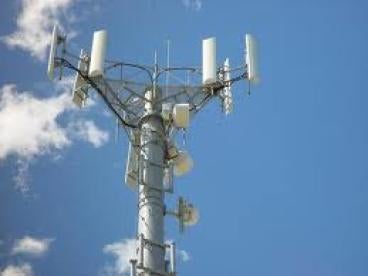For better or worse, you decide, the FCC is challenged when adopting policies or making decisions that impact enterprise customers. This is the second of two entries on enterprise customers and the FCC.
IP Transition. Responding to persistent calls from AT&T, Verizon and CenturyLink, the FCC is in the midst of setting the ground rules for telecom carriers to migrate from copper networks and TDM services to fiber networks and all-IP services, consistent with Section 214 of the Act which requires the FCC to balance carriers’ and end-users’ (residential, SMB and enterprise) interests as carriers seek to discontinue existing services and facilities.
These rules may impact enterprise discretion on planned migrations to Ethernet private line, VoIP offerings and Ethernet special access service, shifting the timing and extent of migrations to the wireline carriers. There are three major aspects to the FCC’s IP-transition rules.
1. Wireline telcos retiring copper loops must provide at least six months’-notice to business customers by mail or e-mail (under certain circumstances) when retiring copper loops to the premises, unless the customer previously consented to copper retirements.
2. The FCC is requiring the rates, terms and conditions for the replacement Ethernet special access services be “reasonably comparable” to the discontinued DS-1 and DS-3 access services.
3. The FCC is developing principles to govern the discontinuance of TDM voice and private line services.
Recommendation. Retailers, railroads, financial institutions and other enterprises with several hundred or even several thousand domestic locations should develop IP migration plans, mindful that carriers are not required to implement their IP transitions over a defined period or uniformly throughout their service territories.
USF Contribution Reform Lags—Badly. The FCC’s most recent effort to implement USF contribution reform started and stalled in 2012. Despite the numerous thoughtful comments and recommendations, inertia prevailed. In its 2015 Open Internet Order, the FCC stated that contribution reform is being assessed in a separate proceeding. Unfortunately, agency action is not eminent even though the USF Contribution Factor has now hit 18.2%.




 />i
/>i

